
Facial paralysis is a disturbing medical condition that affects functioning of certain facial muscles. It develops as a consequence of infections, trauma, exposure to toxic substances or may be idiopathic. Sometimes the condition is connected with iatrogenic causes. In majority of cases unilateral facial paralysis develops in a form of Bell's palsy (idiopathic facial paralysis). This is an acute, unilateral paralysis of the facial nerve. Fortunately, the condition gradually resolves in approximately 80-90% of all patients while remaining percentage has to face permanent neurological deficit.
Bell's Paralysis - Overview
Scientists have confirmed that Bell's palsy represents the most common neurologic disorder affecting the cranial nerves. It is a cause of 60-75% of all cases of one side facial paralysis. The condition is frequent among adults and especially affects people suffering from diabetes. It is also more distributed among pregnant women.
The very etiology and treatment for Bell's palsy are not completely determined. Inflammation of the facial nerve is, however, believed to occur due to some viral infections and autoimmune illnesses. Ischemic etiology has also been taken into consideration. Since the underlying cause of this type of paralysis basically remains unknown, the very treatment is sometime hard to choose.
Diagnosing Bell's Palsy
Facial nerve paralysis can be central or peripheral. Lesions of the central motor neurons (lesions above the level of the facial nucleus in the pons) typically cause weakness of only the lower portion of the face. On the other hand, peripheral facial nerve paralysis affects the entire half of the face.
In order for Bell's paralysis to be confirmed there must be minimum diagnostic criteria including paralysis/paresis of all muscle groups on one side of the face, sudden and rapid onset of paralysis/paresis and absence of central nervous system disease.Bell's Palsy Treatment
It is essential to promptly eliminate the source of damage to the nerve. Prolonged compression of the facial nerve leads to severe and potentially long-term neurological deficits. Medications efficient against compression of the nerve are supposed to be administered as soon as possible, within 7 days after the onset of Bell's palsy. Prednisone is a corticosteroid which can be quite efficient in reduction of nerve inflammation in patients suffering from Bell's palsy.
Patients are advised to have plenty of rest and keep proper care of paralyzed parts of the face. In order to achieve this they must maintain impeccable oral hygiene and remove all the food particles that have lodged between the gum and cheeks. Furthermore, the affected eyes should be protected with eyeglasses with tinted lenses or sunglasses. Dryness of the eyes is prevented with eye drops.
Doctors determine when patients can engage in physical therapy which restores movement of previously paralyzed facial muscles and increase their strength.
Finally there is one more treatment option, surgical decompression of the facial nerve. This surgery is rather controversial and carries some serious side effects. Therefore, it is not commonly recommended. Plastic surgery is efficient in corrections and improve the overall appearance of the patient's face.


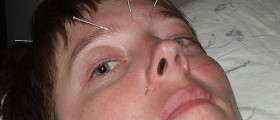
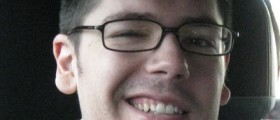

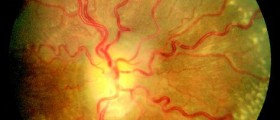

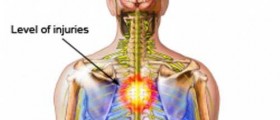



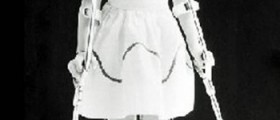
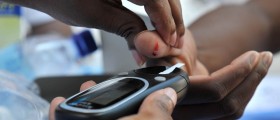

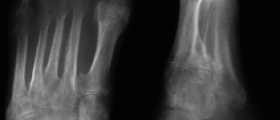
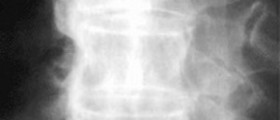

Your thoughts on this
Loading...